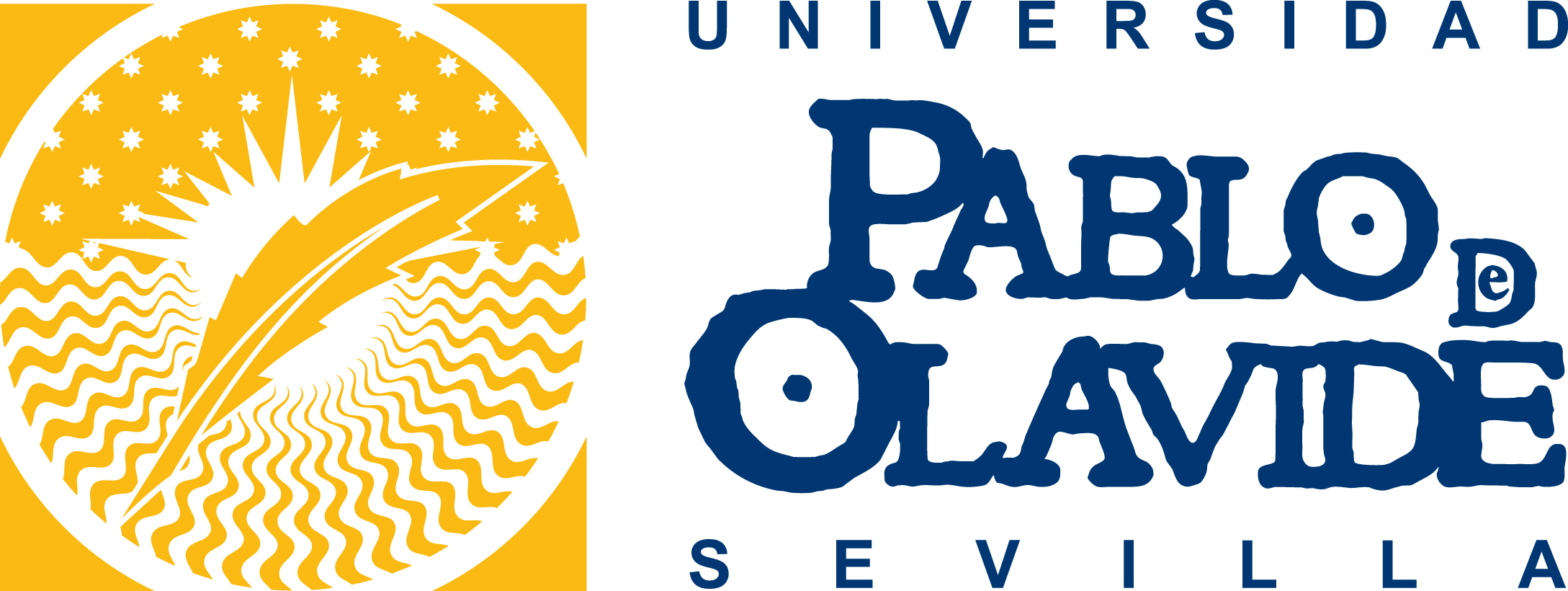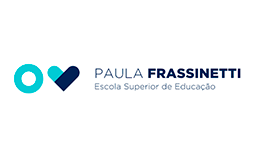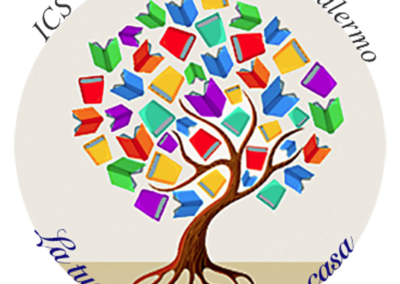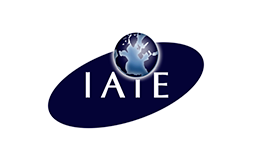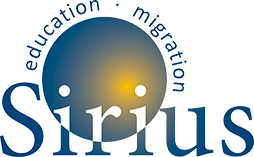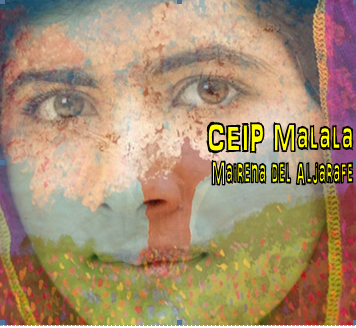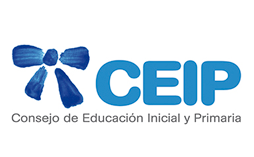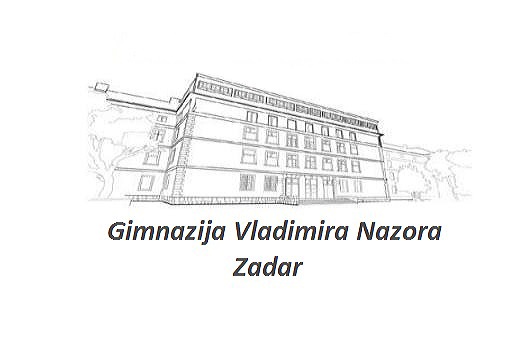School dropout has become a huge problem that fundamentally affects students from the most disadvantaged sectors.
Early school leaving is linked to unemployment, social exclusion, poverty and poor health. There are many reasons why students may leave school early, or in essence before they have a high-school qualification and the European Union has been working to help EU Member States address this issue in many different ways. Member States are working with health, employment and police services and collaborating with school heads, parents and community organisations, all in order to promote a whole-school approach which works around the socio-emotional context of each child. Despite this Member States have not reached their goal of reducing the percentage of early school-leavers to less than 10% by 2020.
PICELS is an Erasmus+ project that aims to promote inclusive intercultural pedagogies and practices for student engagement. PICELS innovation is that it brings together teachers and researchers on an equal footing with both teams collaborating and participating in a project to further the cause of early school leaving. The essential feedback and experience of teachers is put within an established academic framework that allows the project to produce two essential outputs. Firstly a pan-European mapping of successful intercultural and inclusive practices in the classroom, which includes a set of indicators with which teachers can evaluate their own practices in the classroom. Secondly, a teacher training guide based on the above-identified effective practices. In addition to these outputs, teachers trainings and other events to highlight our work will take place over the next two years.
The beauty in bringing together these stakeholders means not only that outputs will be teacher-friendly and designed for easy up-take, but they will based in the best-available evidence and can contribute to the academic work around the issue of early school leaving.
For more information on early school leaving within the European Union see this link:https://ec.europa.eu/education/policies/school/early-school-leaving_en
We have four objectives in our project
1) Map and provide a selection of effective intercultural/inclusive education practices carried out in the EU that combat early school leaving of students at risk of social exclusion.
2) Develop, test and propose a system of indicators to identify effective intercultural/inclusive practices.
3) Design and implement a systematic teacher training programme that enables teachers to employ and further develop these intercultural/inclusive practices.
4) Disseminate a set of effective intercultural/educational practices in schools across Europe, as well the system of indicators so that teachers can diagnose their own practices;sharing these indicators with international institutions and Ministries of Education.
We view our impact primarily in these areas
Creating new pathways to change
By collating and analysing best practice in inclusive education, we will present an accessible guide which offers teachers a hands-on approach to re-inventing their teaching practice and adding new tools to their portfolio.
Supporting Teaching Practice
In addition, we are developing a set of indicators so teachers and schools can self-analyse and improve. Working with teachers, we will listen and reflect on their needs to co-develop sustainable ways for cultivating more inclusive and culturally sustaining ways of navigating the classroom. The teachers in our project will then reflect this within their schools and local areas.
Advocating from the inside out
75% of our team are active in their local and national politics around education issues and will continue to engage at the national level in Spain, Italy, Croatia and Portugal. In addition, our team in Brussels will watch the policy-work on inclusive education for migrants at the European-level and will influence the way research promotes inclusion in decision-making and classrooms.
Our project and Covid-19
As expected our project was slowed down, and indeed changed by school closures. As our teachers transitioned to distance and on-line learning and are slowly transitioning out of it, they have taught us much about the dedication it takes to ensure students are engaged during a pandemic and mass school closures. To learn more about this read our newsletter under news and events which highlights the lessons learned by our teachers during this time. The below poster was made by a student on our project who is learning about refugees and the pandemic.
Participants

Project number 2019-1-ES01-KA201-065362
The European Commission support for the production of this publication does not constitute an endorsement of the contents which reflects the views only of the authors, and the Commission cannot be held responsible for any use which may be made of the information contained therein.

